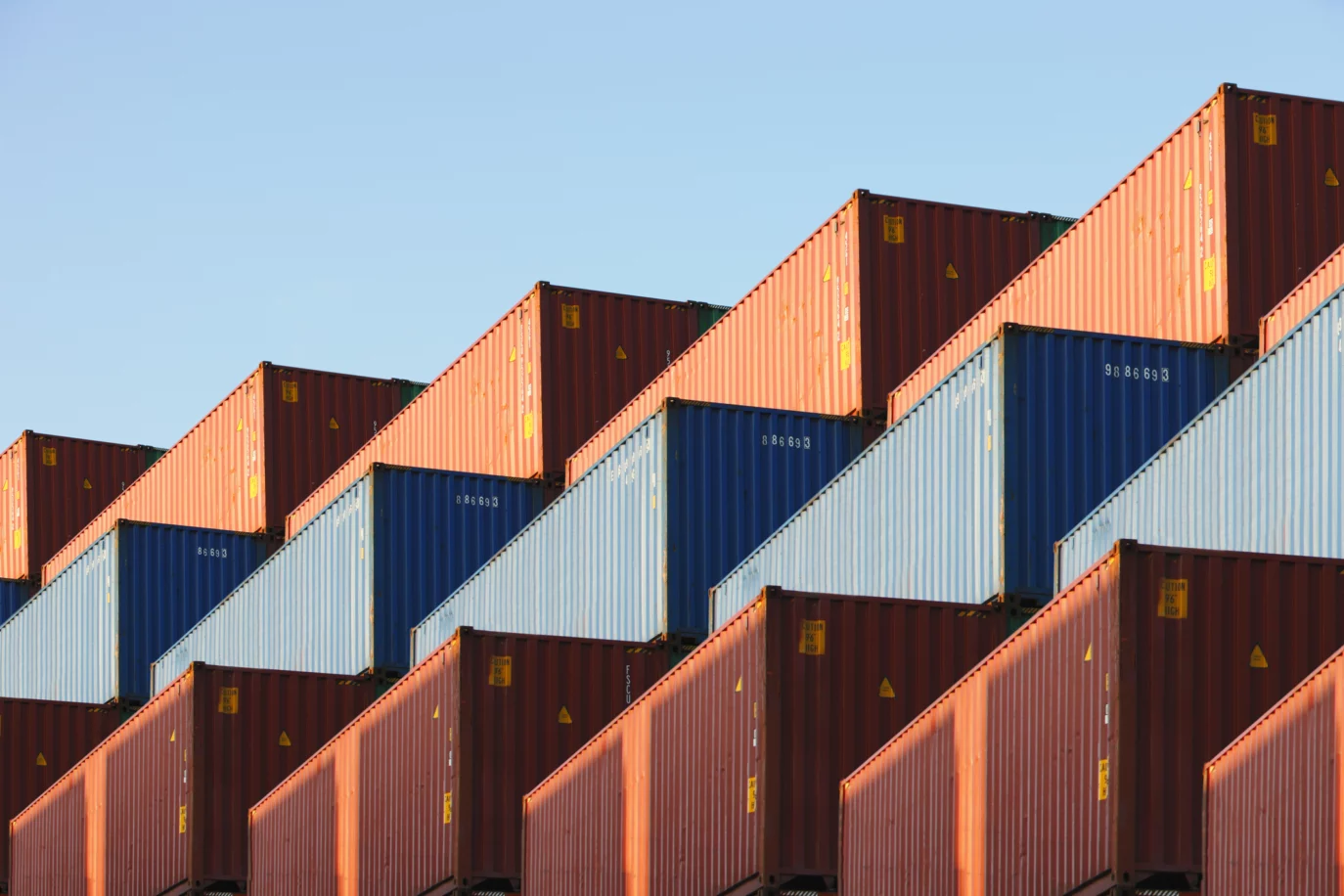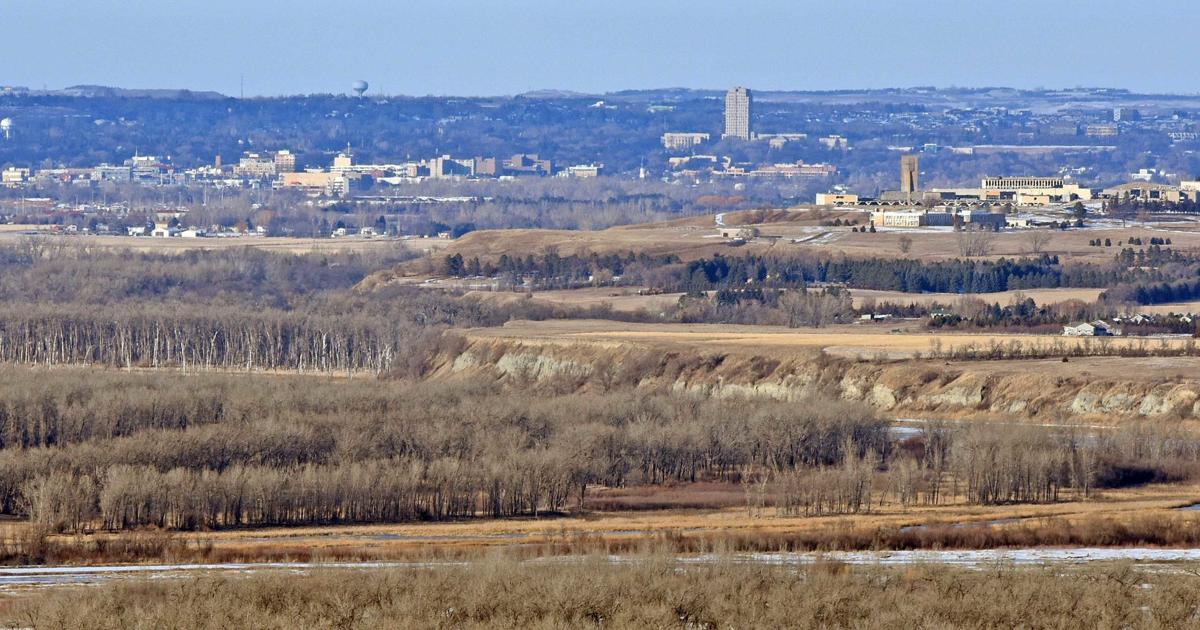Mikaelsson emphasized the significance of climate change on global supply chains and how extreme weather events and degraded ecosystems can exacerbate these disruptions. The consequences of these disruptions could have severe implications for food security, healthcare access, and business operations in the Nordic region.
Research by UCL has shown that the global GDP loss from climate change could increase significantly when considering the cascading impacts on supply chains. The study introduces the concept of “indirect economic losses” from climate change and projects potential net economic losses of between USD 3.75 trillion and 24.7 trillion by 2060 in adjusted 2020 dollars.
The EU is particularly vulnerable due to its heavy reliance on imports and critical production being concentrated in climate-vulnerable regions. For example, the EU heavily relies on agricultural and pharmaceutical imports from outside its borders, putting essential sectors at risk in the face of climate volatility.
Mikaelsson highlighted that extreme weather events and degraded ecosystems can have a significant impact on global supply chains, which can pose risks such as shortages of essential goods, halted production, and rising prices. These risks could have severe consequences for food security, healthcare access, and business operations in the Nordic region.



